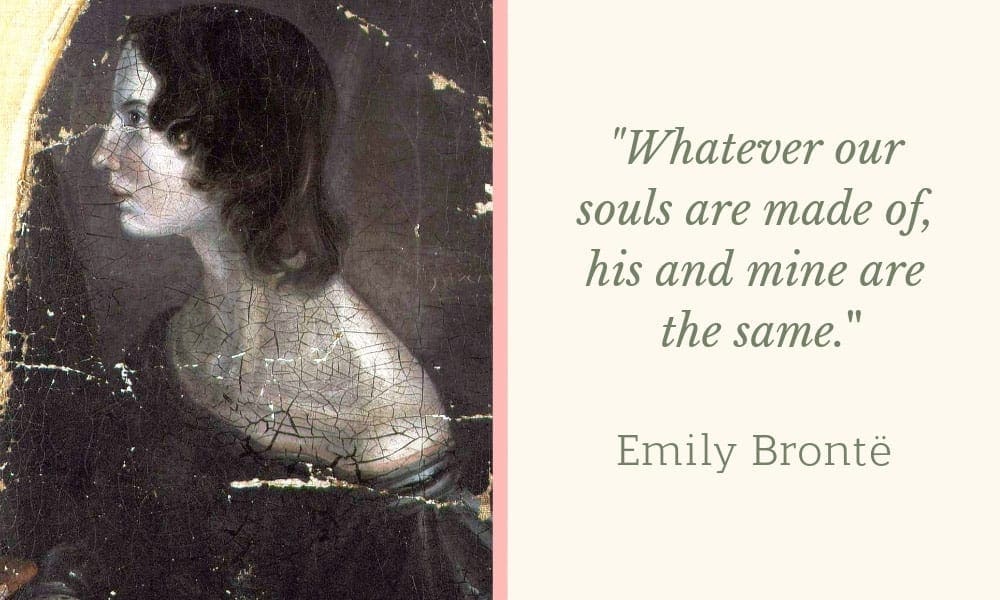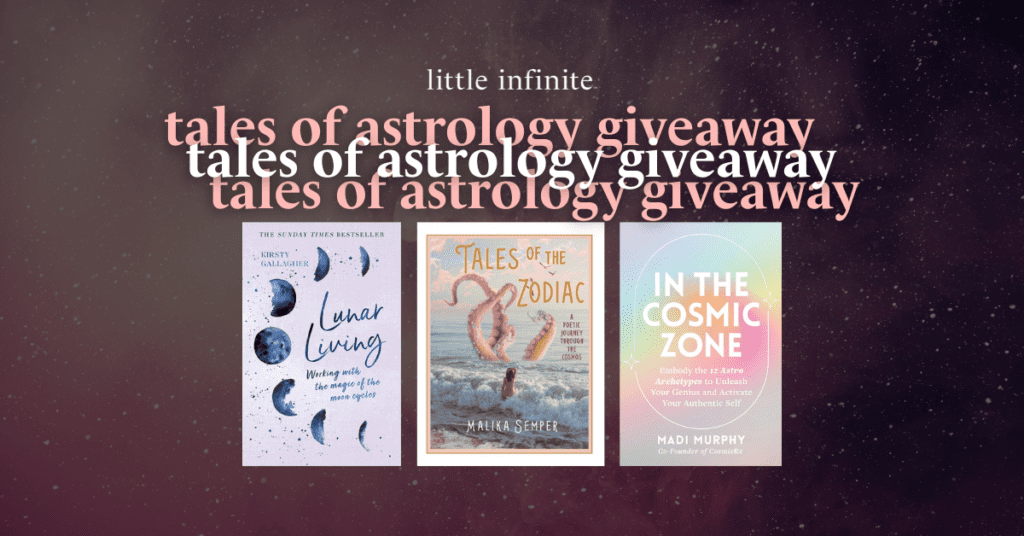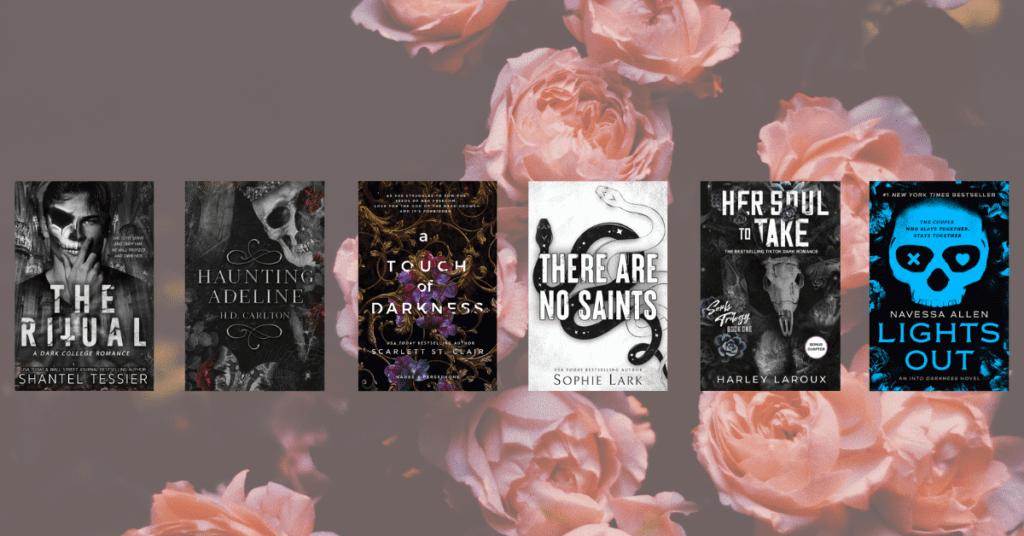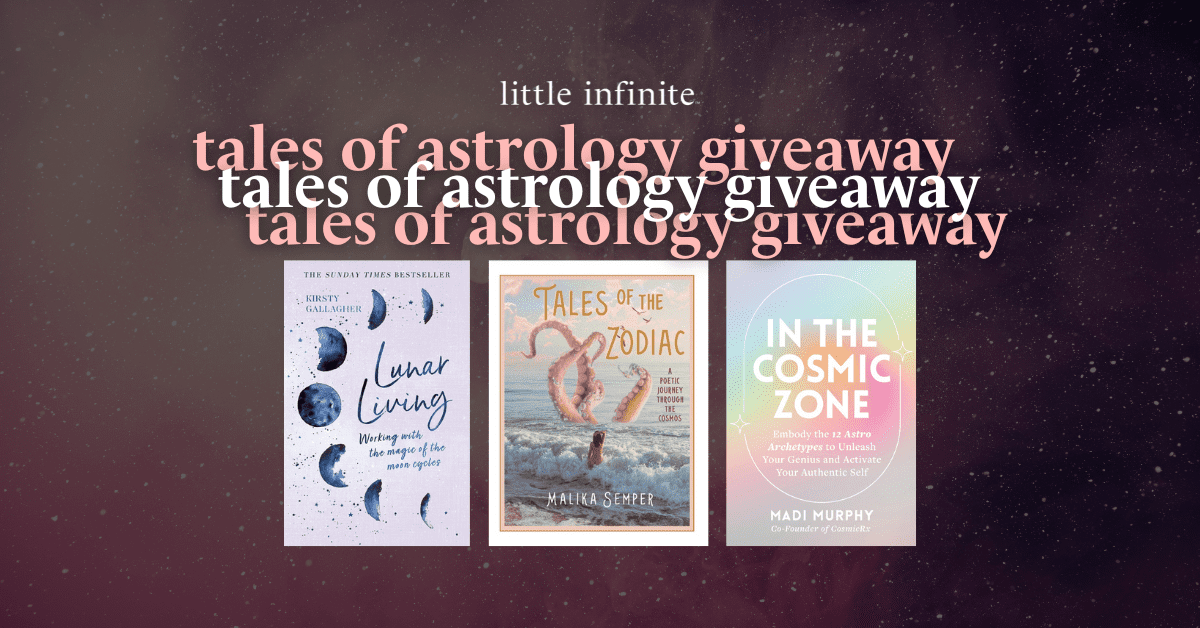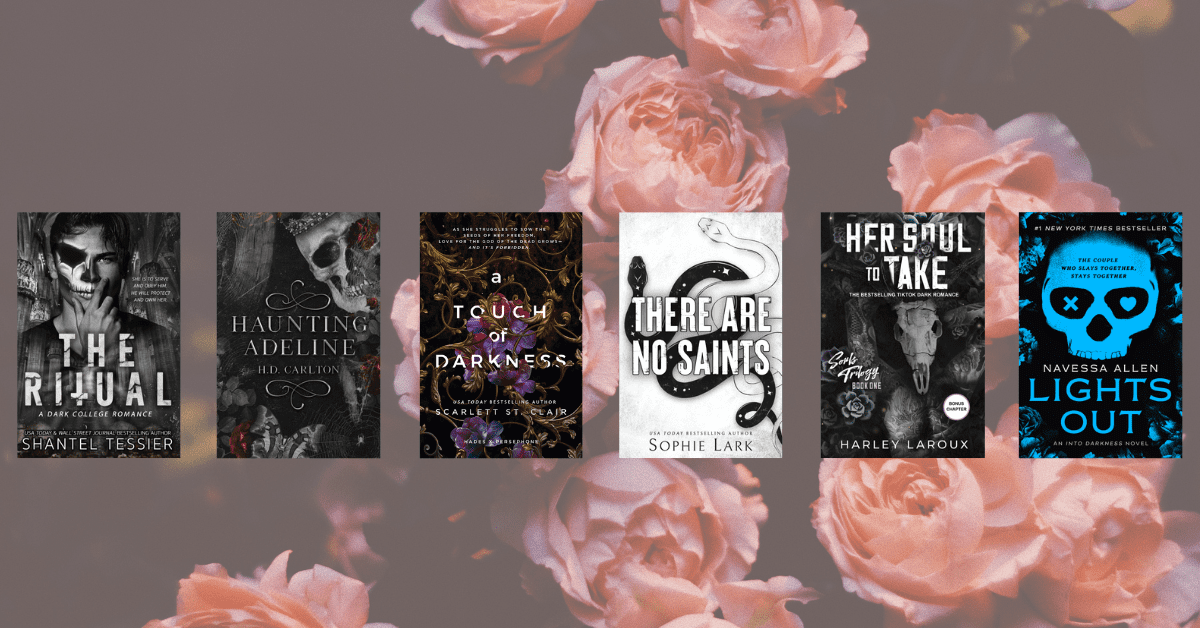The Brontë family intensely contributed to literary culture. Today, we’re honing in on Emily Brontë, the 19th-century author of Wuthering Heights. 200 years after her death, Emily Brontë’s work has left fingerprints on poetry and literature alike. Her popularity has only grown through her mysterious legacy.
Emily Brontë was a writer, teacher, housekeeper, artist, and dreamer. Emily died at the age of 31 and left behind an ever-expanding legacy. Her novel Wuthering Heights, first published in 1847, is still one of the top five best-selling classic novels in the English language. I wonder what Emily herself would think about the success of her writing. Today, her name lives on in an exponential manner. Here, five life lessons we can all take from the iconic Emily Brontë.
Practice your passion fearlessly.
The Brontë family came from humble beginnings so when the siblings got older they needed a way to make a living. Emily went through teaching and governess jobs but never found stability or joy in those roles. Throughout her trials to make money, she continued to mold worlds of her own on paper. Teaching never made sense to her and didn’t fit with her personality. She left each role shortly after starting and eventually became the housekeeper for the Brontë home. For Emily, going back home to tend to the house allowed her to retreat to a familiar place and focus on her craft. She was said to have always had a pencil near, even when she was doing housework.
There may not always be a clear path, continue to perfect your talent and follow through with your craft courageously.
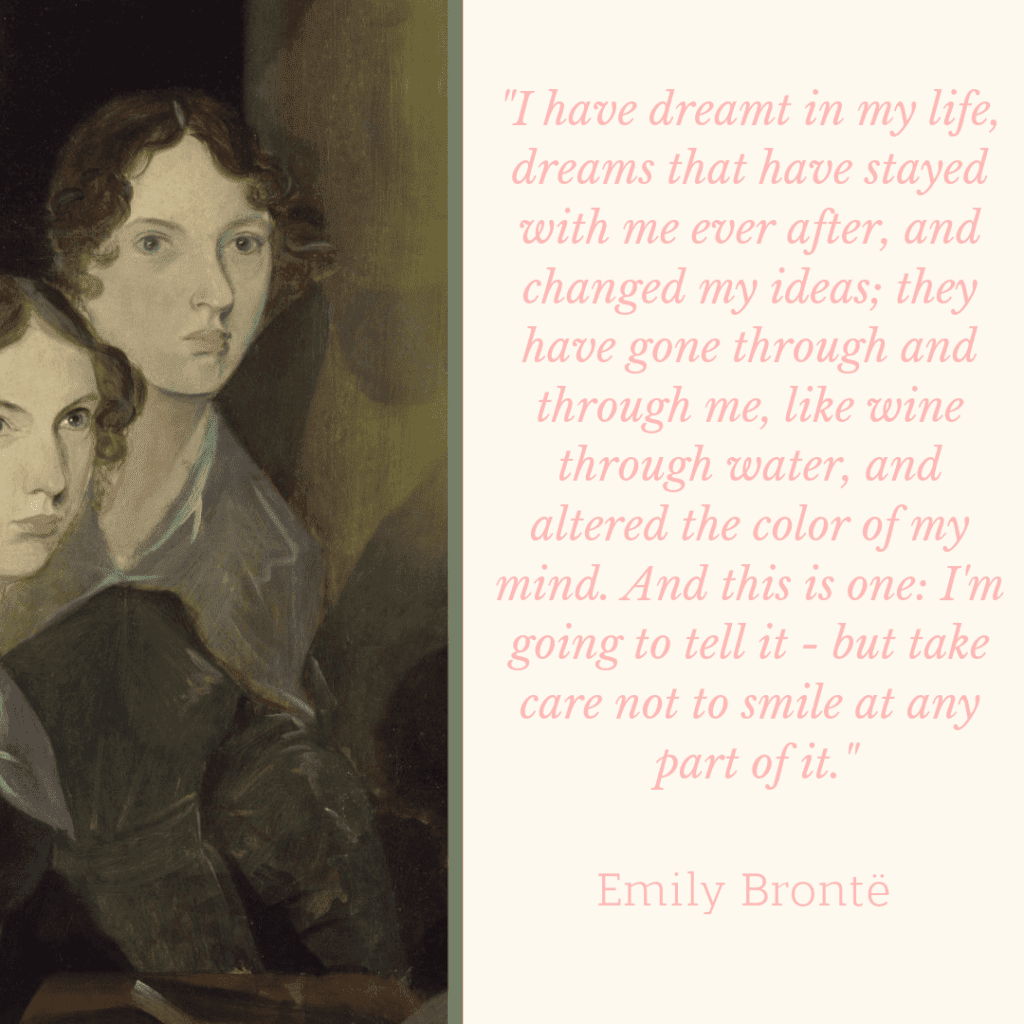
It’s okay to romanticize your life.
Emily lost her mother when she was just three years old. Her father was a busy single parent, so she and her siblings dove into a world of imagination, reading, and writing to cope. They began writing their fictional tales in their head and then would sew novels and poems together to make their own books. The Brontë’s read extensively and created their own worlds on paper.
Emily wrote regardless of what the norm was to write about during the 19th century. Emily continued to write poetry and her older sister Charlotte convinced her to send her poems to publishers. Eventually, the Brontë sisters would be published under masculine pseudonyms Ellis Bell (Emily), Currer Bell (Charlotte), and Acton Bell (Anne). The sisters collaboratively published, Poems, at their own expense in 1846. Despite Brontë’s circumstances, she continued to channel her unique imagination in her art.
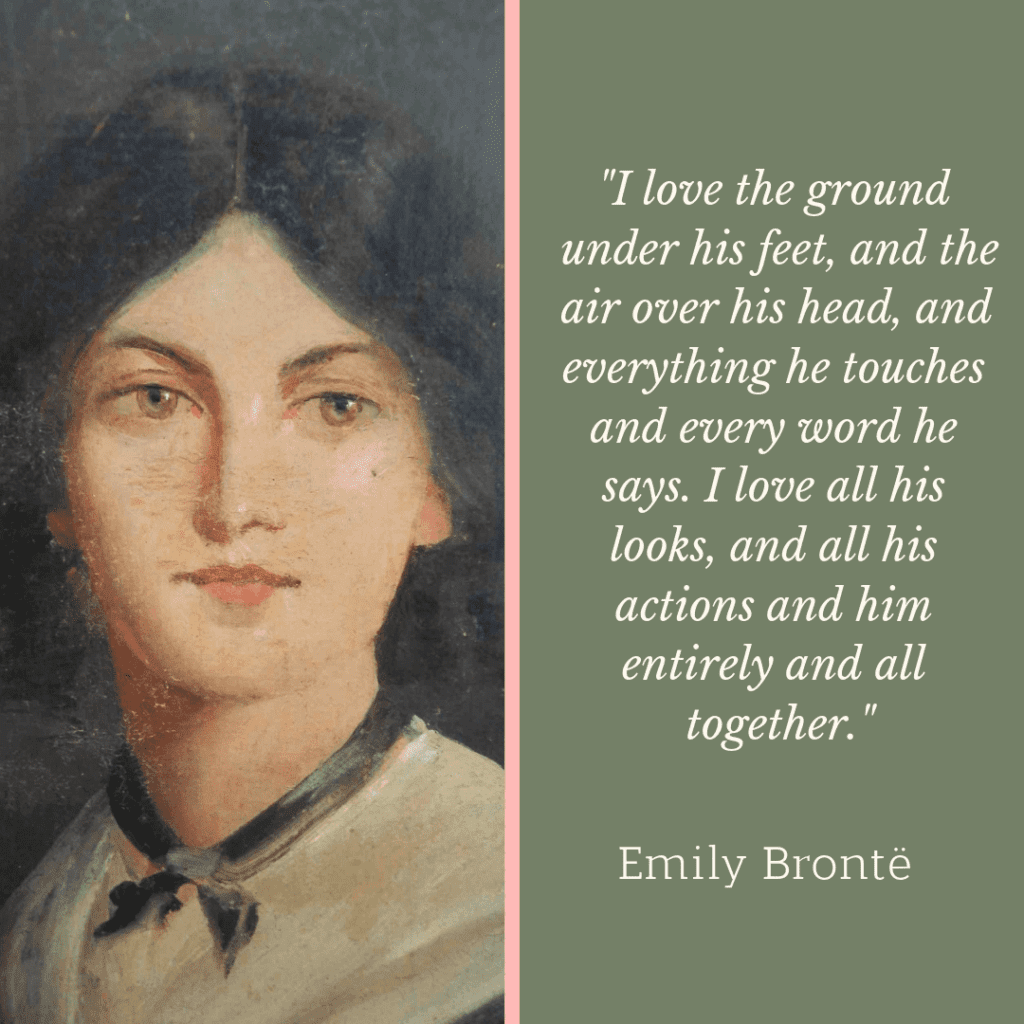
Your location doesn’t matter as much as you think it does.
Emily grew up in Thornton, England, far from a big city. The closest city to her was London. Emily didn’t let her lack of funds, connections, or excuses halt her writing. Brontë didn’t know what her writing would turn into, or even what it could possibly turn into in the following centuries. In fact, she died just one year after Wuthering Heights was published. Let’s keep the zeitgeist of the 19th century in mind, women weren’t thought of as equals, let alone intellectuals or authors. Between Brontë’s feminist tones, trailblazing writing styles for women, and crafting stories fearlessly, her words eventually took on a life of their own. Emily paved a way for writing that she didn’t even know existed yet, all from her small town in the moors of Thornton, England.
Expand your sources of inspiration.
Brontë took music lessons, drew and sketched objects predominantly from nature. She loved animals and specifically drew birds. Although Brontë was socially awkward and despised leaving home, her relationship with nature came from observing it. Emily made art of all mediums; watercolor, sketches, ink and engraving. Nature and art had an active influence on her writing. Use life as your source of inspiration and don’t limit yourself to your typical source of influence.
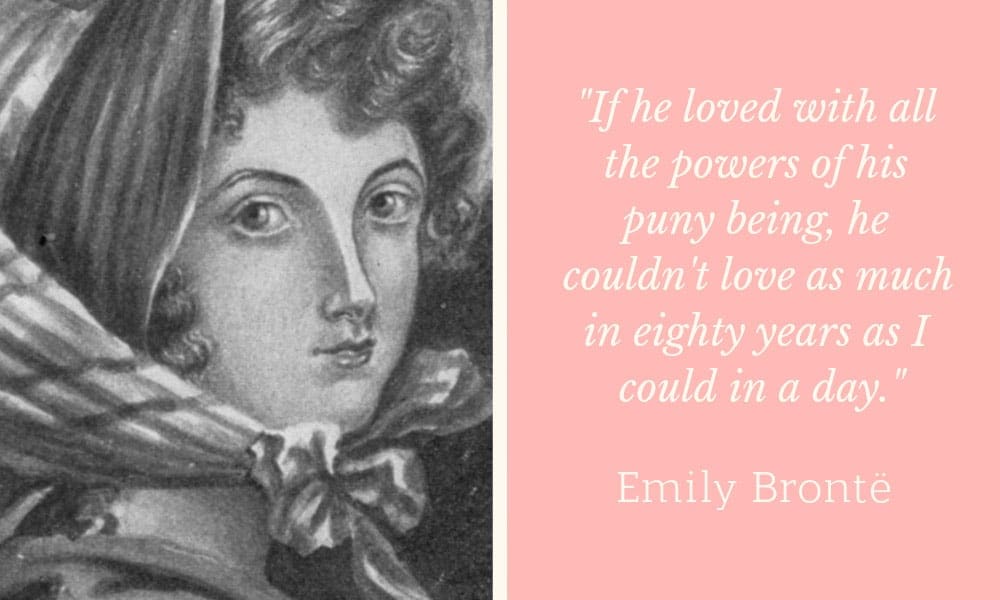
Have faith in who you will become.
Today, Brontë would be considered an early feminist, her writing style led the way for many women who would come after her. While she was a housekeeper and published under a masculine pseudonym at first, the content she wrote about had trailblazing qualities. The worlds she created in her poems and in Wuthering Heights weren’t things women were supposed to be writing about. Let’s be real, women weren’t encouraged to write about anything at all. When Wuthering Heights was published, it received tough criticisms. People reported unfavorably about the book initially, stating that it was too barbaric and inept. Now, that same book is one of the most notable pieces in literature. Talk about the glow up of the century.
Emily Brontë; writer, artist, governess, teacher and homemaker turned literary icon. What an impressive Linkedin Brontë would have today. 200 years later, her words are the gifts that keep giving.
To stay up-to-date, make sure to keep an eye out for more of little infinite’s featured content as we celebrate poetry, books, and this beautiful hot mess we call life on Instagram and Twitter.
